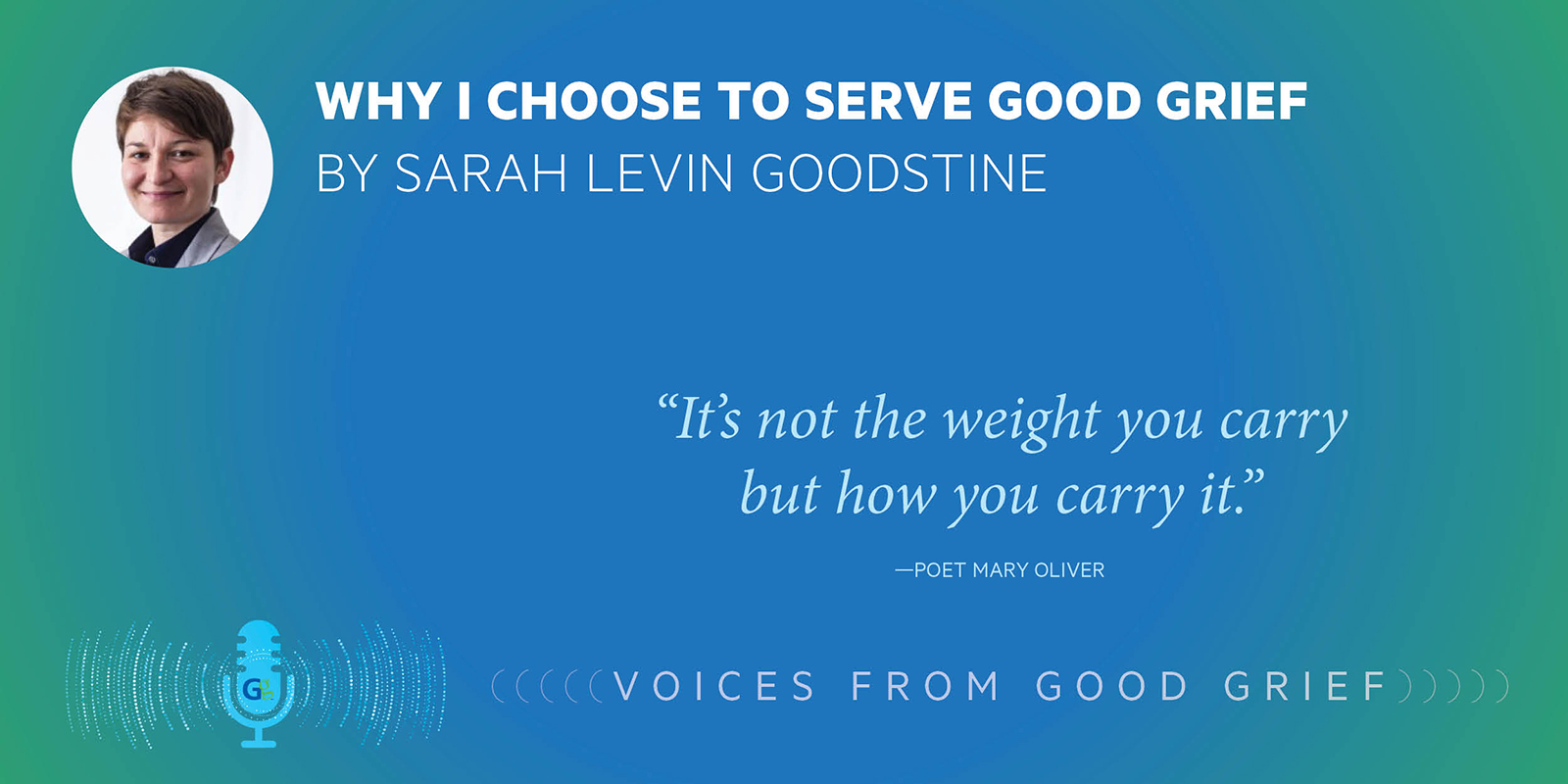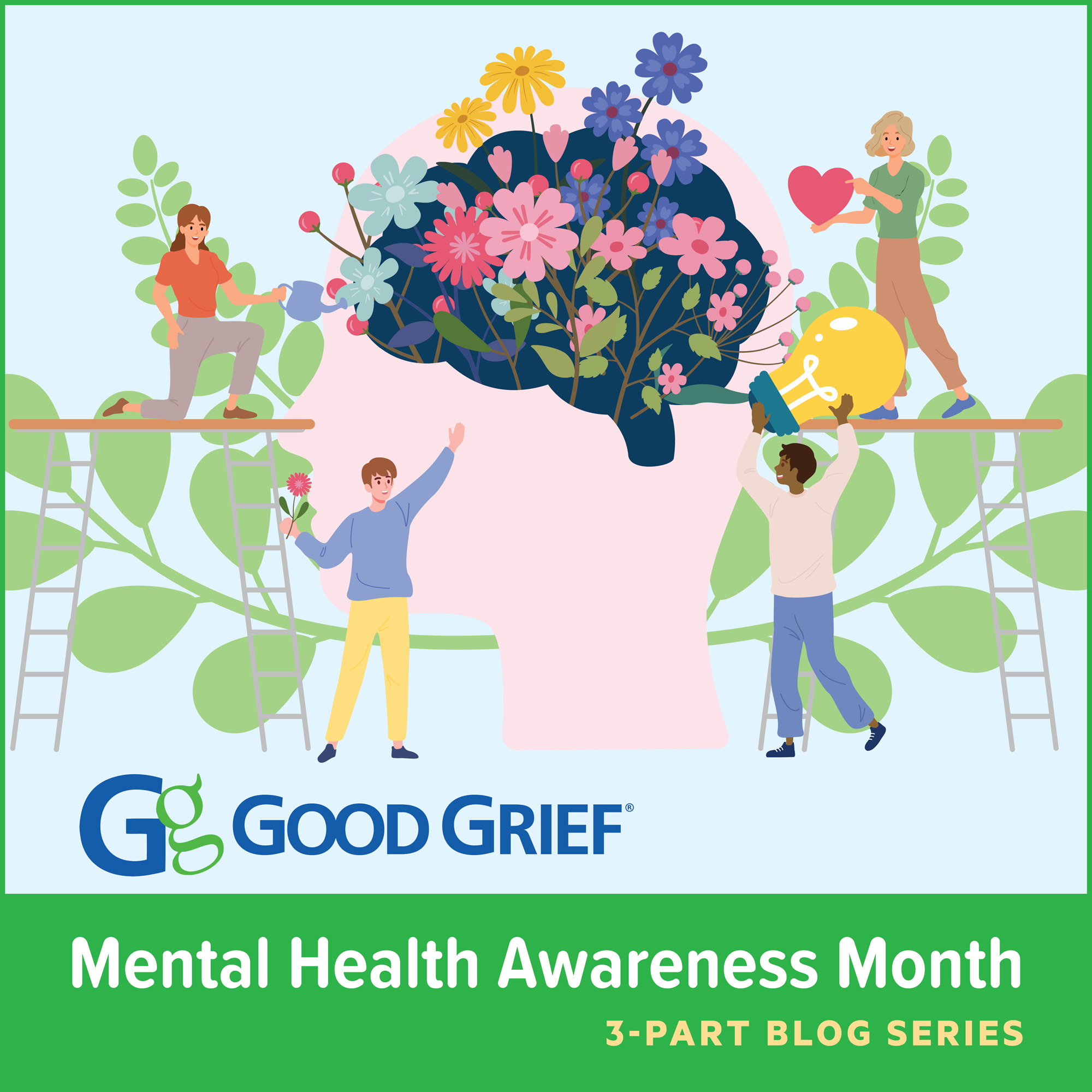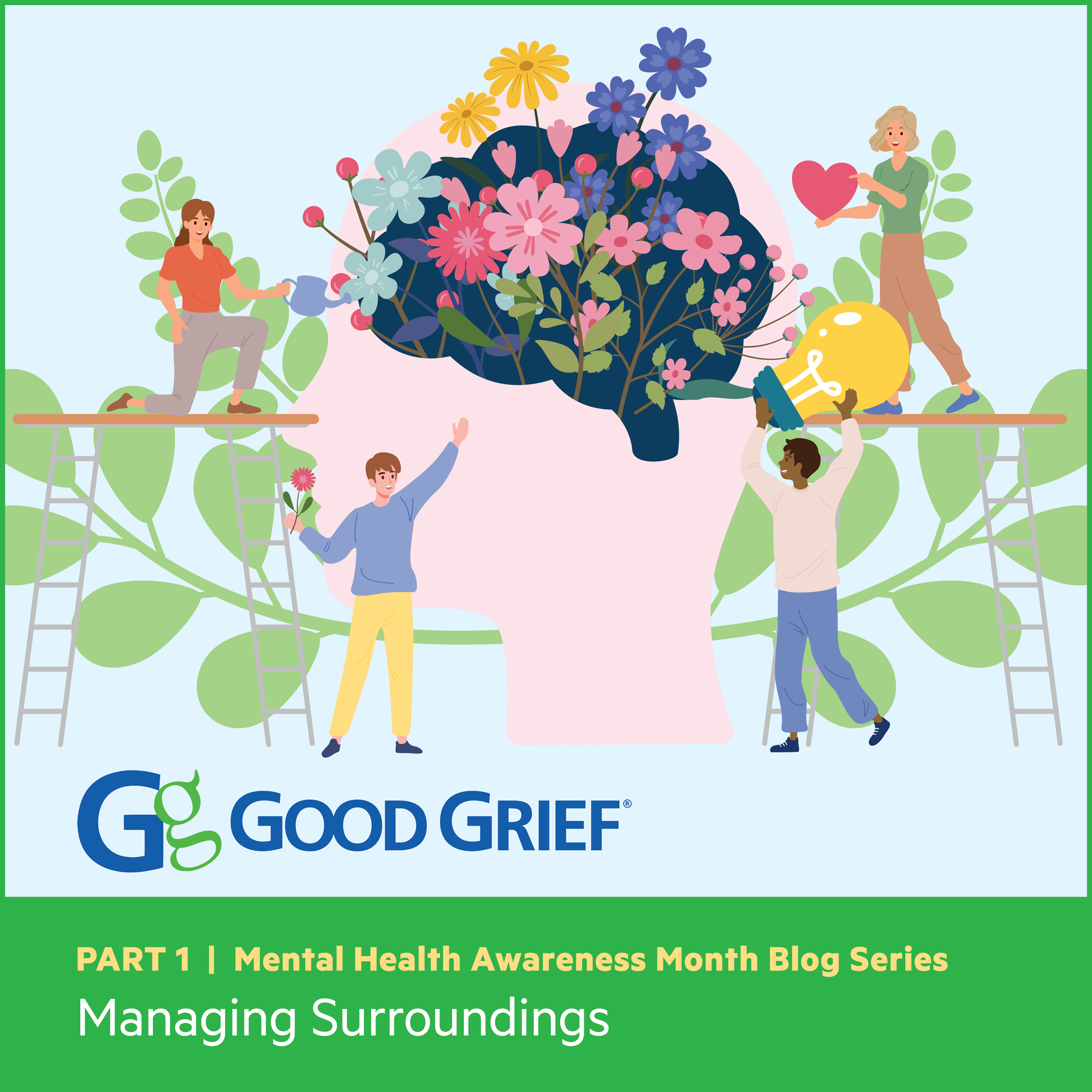
How Grief Affects You (Better Understand Grief)
How Grief Affects You Emotionally, Physically, Spiritually, Intellectually, and Socially
Compared to adults, children and teens respond differently to death and loss. They are heavily influenced by the positive and negative interactions with the people around them. They learn how to think, feel, and act by observing those older than them in the same situation. When it comes to processing death and loss, it’s important to talk about these hard topics instead of avoiding or ignoring them. Talking openly about death and loss teaches children it’s okay to express their feelings as well as how to do so in a positive way.
To learn how grief affects you and your child, understand the five components of grief: emotional, physical, spiritual, intellectual, and social.
Understanding the Five Components of Grief
Grief affects every part of the human body and children tend to grieve in their own way, depending on their age. Experiencing a loss can make a child feel isolated and alone. Understanding the five components of grief can help your child cope with their loss and grow from it.
1. Emotional
Grief has an important emotional component. Many people only think of sadness, anger, loneliness, depression, and confusion. However, there are many more (and sometimes surprising) emotions that can be experienced as part of the grieving process including gratitude, relief, and calmness.
2. Physical
Many people do not know this, but grief itself can be manifested in physical forms. Especially with kids, ailments like headaches, stomachaches, fatigue, or a heavy “weight” in the chest and shoulders can present themselves.
3. Spiritual
Even among children, death has a way of confronting us with challenging questions about meaning, purpose, and existence. For some, religion and spirituality provide answers while for others it does not. Nonetheless, as humans, we seek to find meaning from our suffering.
4. Intellectual
Children need to understand what it means to be dead and the permanence of death. Clichés and euphemisms such as “passed away” and “gone to heaven” can leave a child confused. Talking directly about grief, loss, and death can engage a child’s ability to understand death and help them better process what has happened.
5. Social
Being social is fundamental—we all have a desire to connect with others, to be heard, and to be understood. However, grief, especially in children, can cause isolation and loss of important social interactions. Therefore, it’s important to create safe environments for grieving children at school and at home. Sadly, many grieving families experience the loss of reliable support systems when someone dies. Being present, checking-in, and keeping promises can help break down the isolation that so often follows the death of a loved one.
How Good Grief Helps Build Resilience
Being open and honest about the tough and sensitive topic of death, teaches children it’s okay for them to be open and honest about their thoughts and feelings. To support your child experiencing any one or more of these five components of grief, try these tips:
- Do not have assumptions
- Withhold judgements
- Be as prepared as possible
- Stay honest about death and loss
- Make a plan to help cope with physical reactions
- Be proactive about seeking help
- Honor diverse backgrounds, answers, beliefs, and rituals about death
For more help with grief support, consider a Good Grief peer support program. A peer support group pairs children of similar ages to safely share their feelings, memories, and stories. It helps to build resilience in grieving children by teaching them how to grow and learn from their loss. To learn more, contact Good Grief online.





